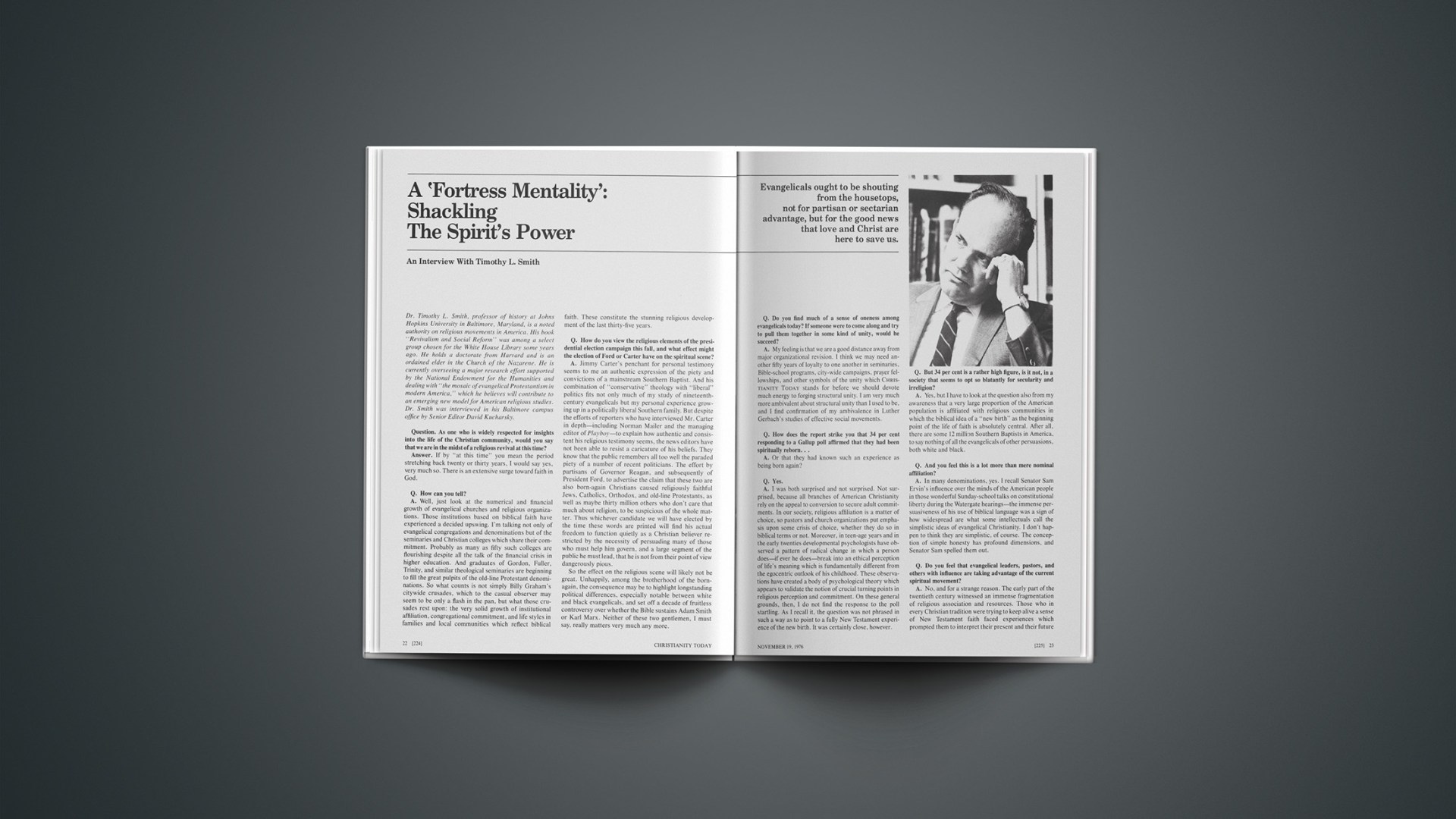Mehitable was a small, plain, black-and-white-and-yellow calico cat who lived with me for fourteen years. She was born in a woodshed on the river, and she came from a long line of cats who had had to depend on their wits for their livelihood, being fed only in winter at a country house where they were kept as mousers, not pets. Although I provided plentifully for all Mehitable’s needs, her ancestry showed in the ways she adapted herself to life in the woods, and in her wisdom and independence.
Not a mouse was left alive on the whole of my promontory from the day she moved in, age six weeks. She was catching and eating chipmunks before she had lost her baby teeth. She hunted moles and bats, salamanders, skinks, small snakes, and voles, bringing them to me but not eating them. She loved to chew grasshoppers and moths. She tangled once, and once only, with a skunk. She sat patiently at the river’s edge, fishing, hooking her prey out of the water and tossing it well up onto dry land with one flash of an adroit paw. She slept curled up in the hollow of a rock or under a rhubarb leaf or a bit of bracken, perfectly camouflaged. And when she was thirsty she drank from the river, looking carefully up and down first to see that there were no power boats coming, and hence no waves in their wake. If a boat was in view, she would move back from the water’s edge until it had passed. And if its wake had filled some of the little hollows in the rock, which she diligently inspected after a boat had gone by, she would drink daintily from one of them rather than approach the water itself. Indeed, there is a cup-like hollow in a rock near the dock which is called Mehitable’s Hollow to this day.
Figaro, her handsome black successor, has spent all eleven of his summers at the same cottage, and he too loves life at the river. He will catch a bird on occasion, and each season he brings down one or two flying squirrels, which he seems to consider some sort of Batman game; but apart from this he does not hunt. And he does not drink from the river, no matter how thirsty he may be. Normally he gets enough liquid in his daily food. But sometimes, in very hot weather, he needs more. I tend to forget this, surrounded by water as we are, with all kinds of nice little cat-hollows filled with fresh water many times a day, just begging for a cat to drink of them. It is not until I notice that he seems off his food, has a warm nose, meows over-much, or swipes a drink from the bowl of water lilies on the table that I offer him some water. Then I am amazed at how thirstily and deeply he will drink.
To live on the edge of a great, flowing river, and to suffer thirst—how sad, even for a cat to whom water is not a natural element! What, then, of God’s children? We who know the Living Water, why do we not drink?—MARGARET CLARKSON, teacher and writer, Willowdale, Ontario.










